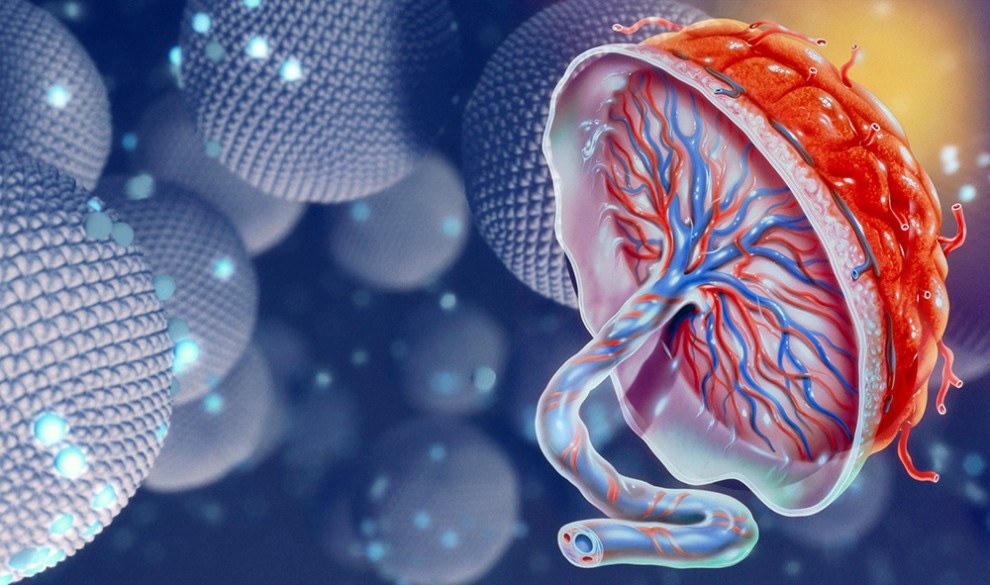
For the first time in history, scientists have found a way to safely send drugs into the placenta during pregnancy. This finding holds the possibility of one day being able to avoid premature births and treat common complications that often occur during early pregnancy.
At least 10 percent of pregnant women experience serious complications due to error in placenta functioning. This new way of administering drugs without harming the fetus could eliminate such malfunction.
The new study was conducted by a team of researchers around the globe who have found a way to strengthen the placenta throughout pregnancy to avoid unnecessary complications. Science Advances journal holds the published study which brings hope to women who have experienced premature birth or preeclampsia during their pregnancies.
Co-Author Erkki Ruoslahti from the University of Santa Barbara California‘s Center for Nanomedicine and Department of Molecular, Cellular and Developmental Biology says the team’s research found many interesting similarities between placentas and tumors. Peptides are already used in both the science and medical worlds as a way to home in on tumors. Thanks to the new connection between tumors and the placenta, these peptides can be “taught” to target drugs directly into the placenta without traveling to other areas of the body.
Currently when a placenta is not growing or working as it should, doctors have no choice but to induce labor. This solution does save lives but also puts the newborn baby at very high risk of infection, cerebral palsy, heart disease and diabetes. Infections and cerebral palsy most commonly only affect infants for a short period of time but giving birth too early can lead to life-long struggles with heart disease and diabetes. By treating the baby while it remains in the womb, induced labor can become a treatment option of the past. With the help of two chains of amino acids that are currently used to specifically target tumors, placentas can be strengthened, leading to higher functionality and a safer environment for the baby.
Lynda Harris, lead author from the University of Manchester in England says placentas behave much like tumors, although they grow in a much more controlled way. However, they do grow very fast and cause hormones to elude the immune system. Cancer research puts a lot of focus on finding pathways to use that will deliver medications to tumors without harming surrounding tissues and cells in the body. Harris has hope that placentas can be targeted in much the same way to treat pregnancy complications without the need of invasive measures.
Researchers used a mouse to practice sending growth hormones to the placenta using nanoparticles coated with peptide. The drug remarkably did not cause any changes to fetuses of normal size but caused small ones to grow larger in size. The drug did not leave residue within the organs of the mother mouse and none of the drug was detectable within any of the fetuses. Because the drugs also target tumors, this approach could be dangerous for pregnant women who have undiagnosed conditions but it is likely all patients would be screened prior to being offered the new medication.
Harris says there is only a single drug that has been deemed safe for pregnant women in the last 20 years. With further development of this new platform, she says there is possibility that many new drugs would be able to receive a license for safe use during pregnancy.



